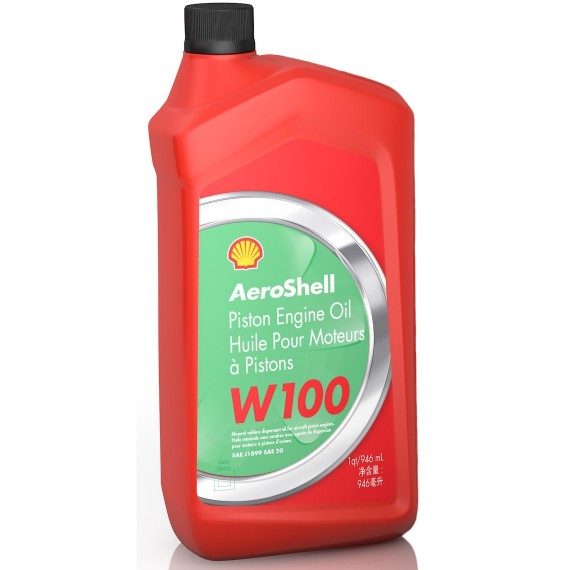

No products in the cart.
We understand your desire for low-cost, dependable flight. You can rely on AeroShell Oils W80, W100, or W120 to help protect your aircraft piston engine, reduce its maintenance costs, and improve its efficiency.
The W range of AeroShell aircraft oils were the first to use ashless dispersant technology, keeping your engine cleaner. The package of additives within AeroShell Oils W80, W100, and W120 are combined with selected high-viscosity index base stocks to offer exceptional stability, dispersion, and anti-forming performance within the aircraft piston engines for which they’re approved.
Learn about AeroShell Oils W80, W100, and W120, including their product benefits, specifications and approvals, some of their typical properties, health and safety information, and more.
Whether you fly for pleasure or your business depends on flight, AeroShell products are designed to help lift your performance.
How to use AeroShell Oils W80, W100, and W120
AeroShell W Oils can be used in four-stroke (four-cycle) certified reciprocating piston engines, including fuel-injected and turbocharged engines. Radial engine operators tend to use AeroShell Oil W120 in warm weather, while AeroShell Oil W100 and AeroShell Oil W 15W-50 should be used in cooler temperatures.
For Lycoming and Continental flat engines, AeroShell Oil W100 or AeroShell Oil W 15W-50 are the most common choices. But AeroShell Oil W80 works brilliantly in place of AeroShell Oil W100 during the colder months.
Check with your engine manufacturer or rebuilder to find out if AeroShell Oils W80, W100, or W120 can be used during break-in. While many engine manufacturers and rebuilders and overhaul agencies say to use straight mineral oils, some say that either ashless dispersant or straight mineral oil can be used for break-in – for example, for Lycoming O-320H and O/LO360E. For all turbocharged Lycoming engines, ashless dispersant oils are recommended for break-in.
AeroShell W Oils shouldn’t be used in automotive engines. If you’re using an automotive engine that’s been converted for use in an aircraft, check with the engine manufacturer to find out which oil you should use.
Single Grade Ashless Dispersant Oils
AeroShell Oils W80, W100, and W120 are ashless dispersant oils specifically developed for aviation piston engines. They reap the performance benefits of combining non-metallic additives with selected high viscosity index base oils. No general rule exists for every engine type when choosing the correct grade of oil; however, based on the average ambient outside temperature at engine start-up, the most common grades are SAE 40, SAE 50, and SAE 60, which equate to AeroShell Oil W80, W100, and W120 respectively.
Traditionally, the choice is associated with climatic zones: AeroShell W80 for cold climate regions (-17 to 21°C), AeroShell Oil W100 for temperate regions (16 to 32°C), and AeroShell Oil W120 for warmer climates (above 26°C).
AeroShell Oils W80, W100, and W120 are produced to meet fully the SAE specification J1899 (Grades SAE 40, 50, and 60 respectively).
AeroShell W80, W100, and W120 product benefits
AeroShell W80, W100, and W120 specifications and approvals
The following engine manufacturers have approved AeroShell Oils W80, W100, and W120 for use:
Typical properties of AeroShell Oils W80, W100, and W120
These oils displayed the right kinds of properties to gain these approvals, which can be found in the AeroShell Book. Below are some of the properties that AeroShell Oils W80, W100, and W120 demonstrate:
No customer reviews for the moment.